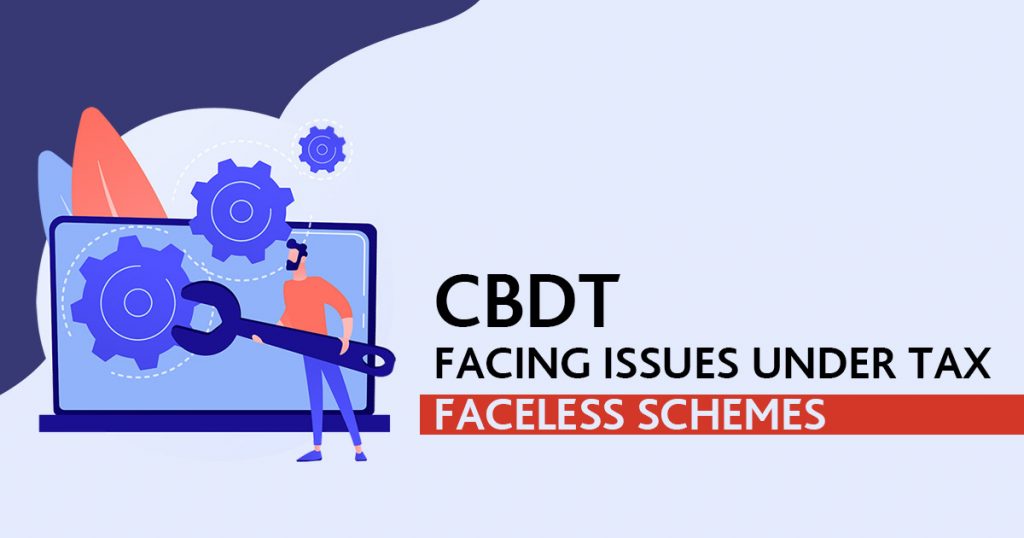
Although the Government has issued nearly 1.2 lakh orders under “faceless assessment schemes” to taxpayers; however, it is getting either no response or not prompt response in the majority of the cases. Consequently, the Central Board of Direct Taxes (CBDT) is seeking and expecting cooperation from taxpayers failing which, CBDT has to
- Issue Ex Parte orders or
- Taxman shall do the aforesaid task by meeting face to face with taxpayers.
“Certain people are still not responding to notices, unless they respond, it will result in Ex Parte orders. Ideally, we don’t want that. In many cases, we have observed that they have not given email IDs. I hope people give their communication ID so that we do not have to resort to other means of communication ID, to visits,” Central Board of Direct Taxes chairman PC Mody told the report.
The reason attributed to following a faceless assessment and appeal mechanism instead of a “face to face assessment” has been to avoid harassment. So this entire exercise has been taken to avoid harassment. Although the assessment mechanism is getting stabilized, earlier the appeal units were told to concentrate on smaller cases. The reason being the number of cases is huge. Modi also added that at present there is no restriction.
Nevertheless, Modi signalled that in larger cases, tax officers may have to visit and personally meet taxpayers.
“In one situation, where the person was not responding, we tried to do our backend analysis. Ultimately, we had to carry out a search, which revealed an undisclosed turnover of almost Rs 400 crore. I can now understand what was the hesitation in not responding to the notice. That option is always there. But I would want that option to be exercised in the rarest of rarest cases,” Modi said to reporters.
Moreover, Mody has urged taxpayers to abstain from the use of unparliamentary language. This has been noticed many times in the responses received in the past. He also added that there is the provision of harsh punishment in the Information Technology Act 2000 for use of abusive language.